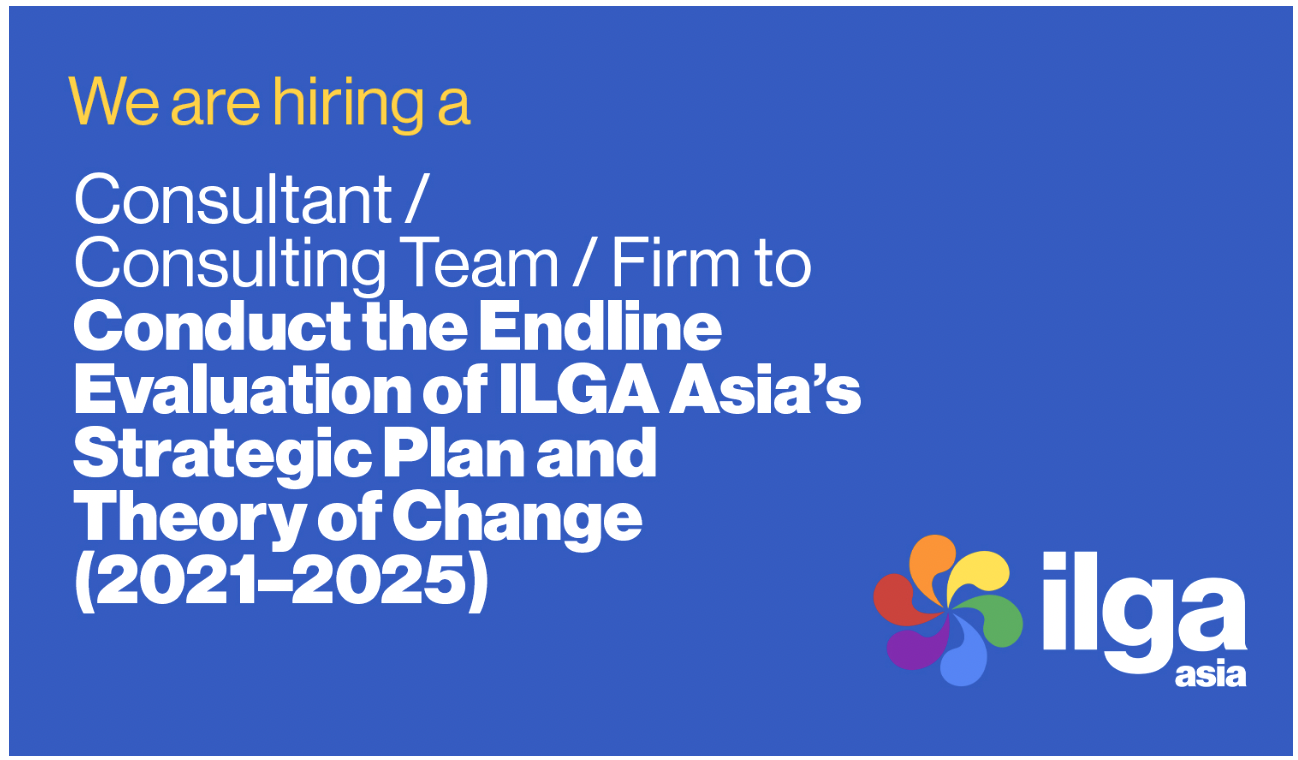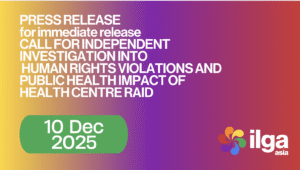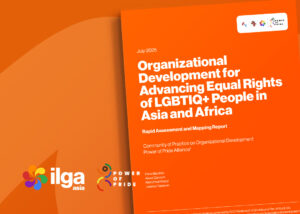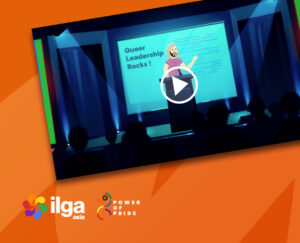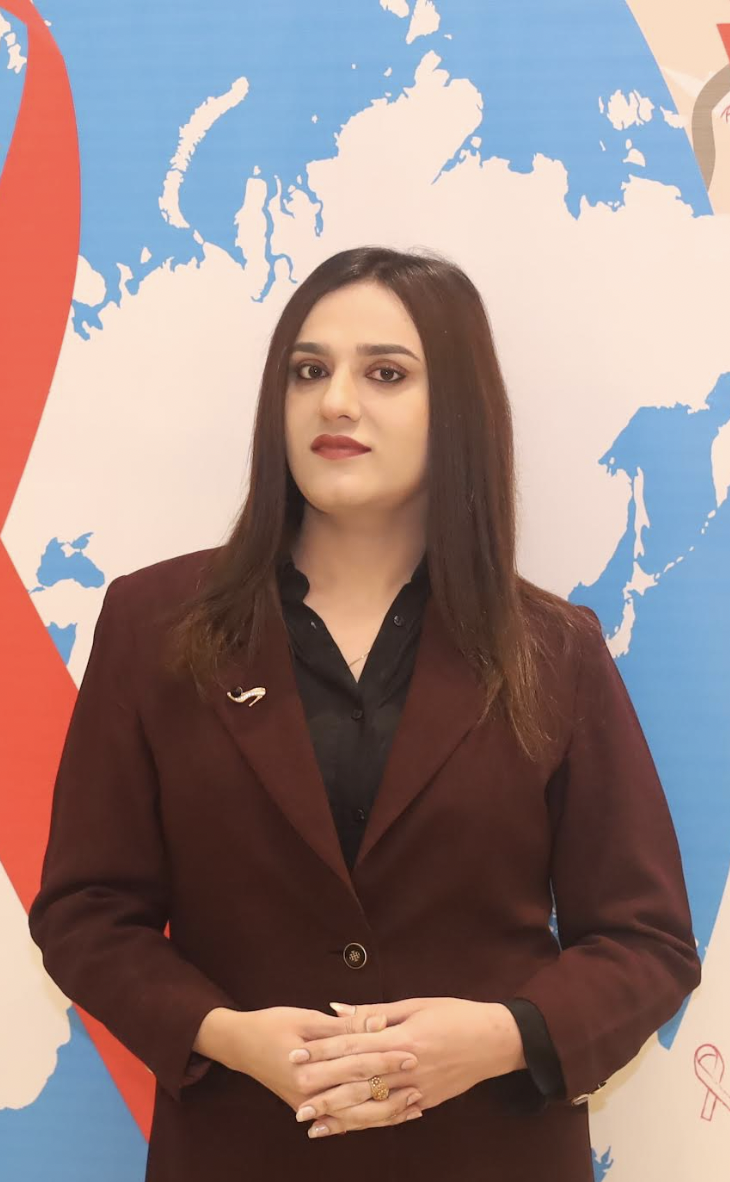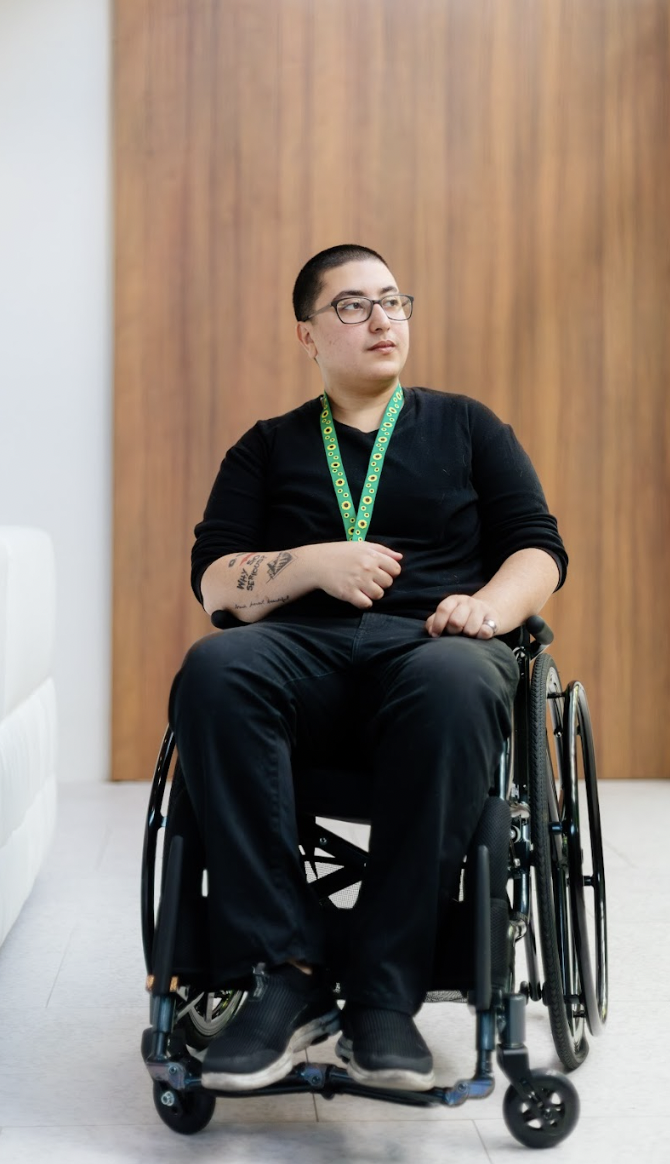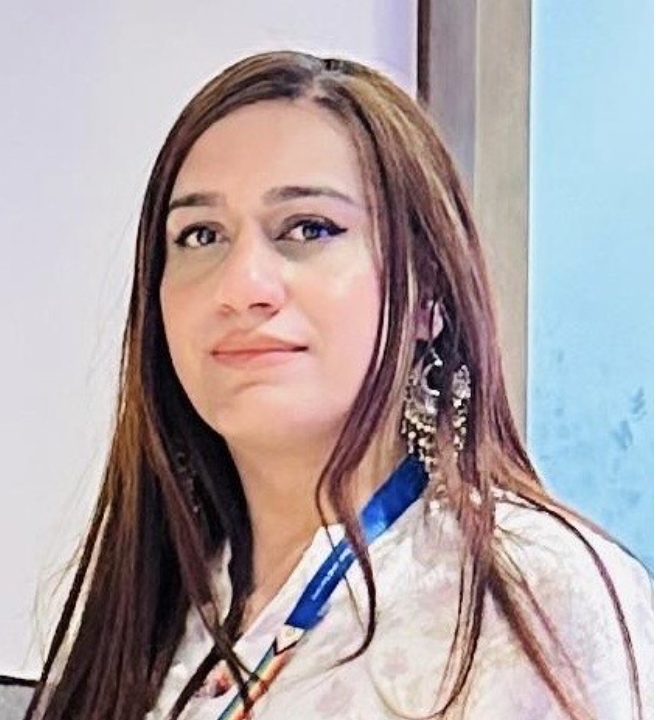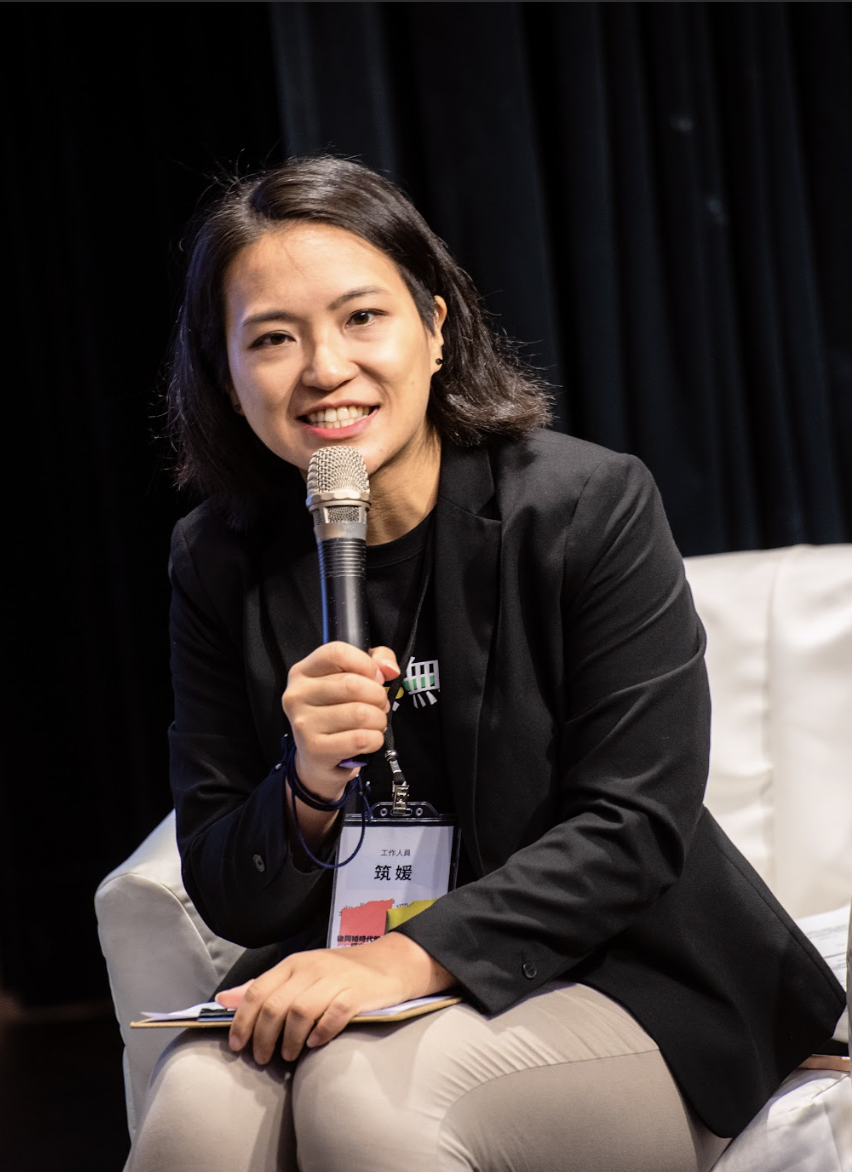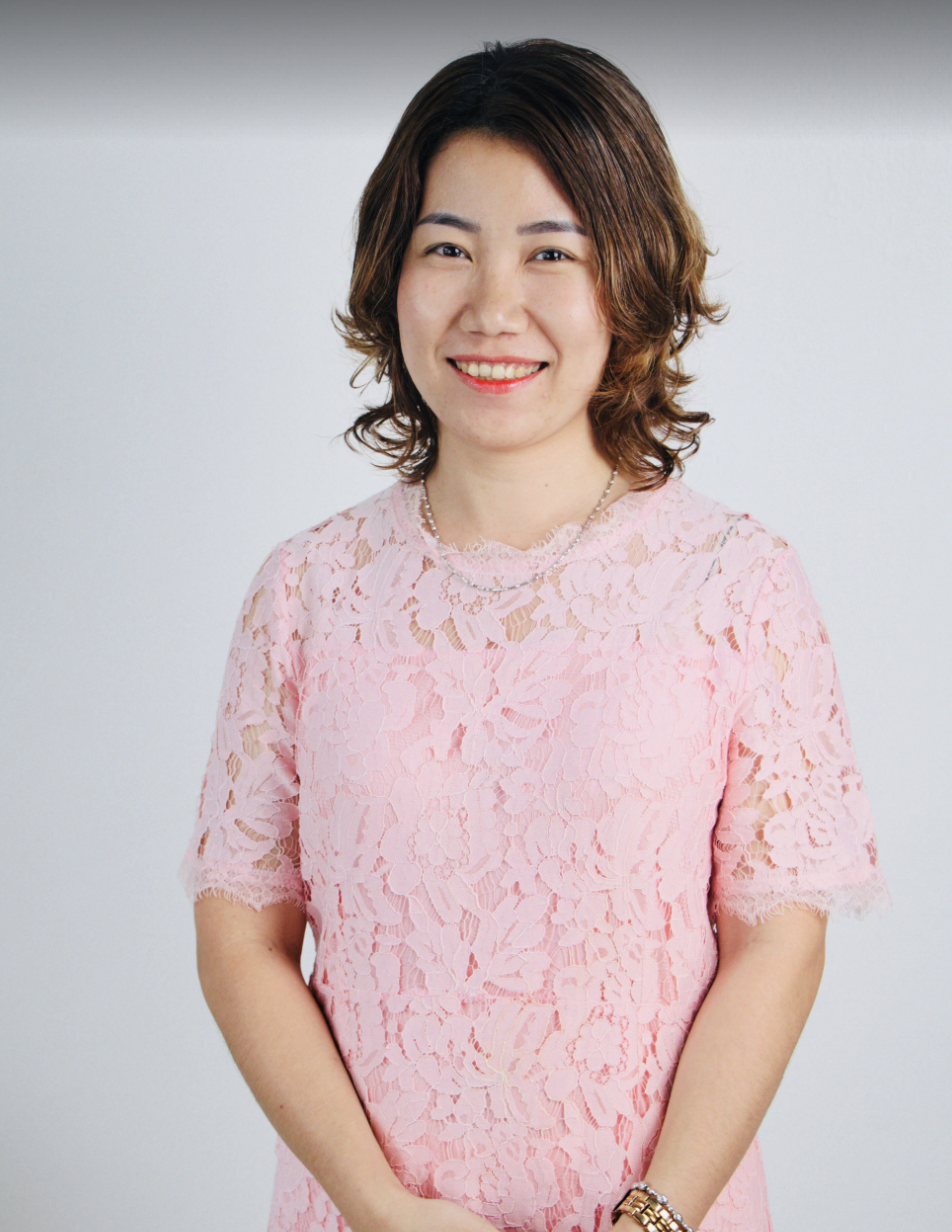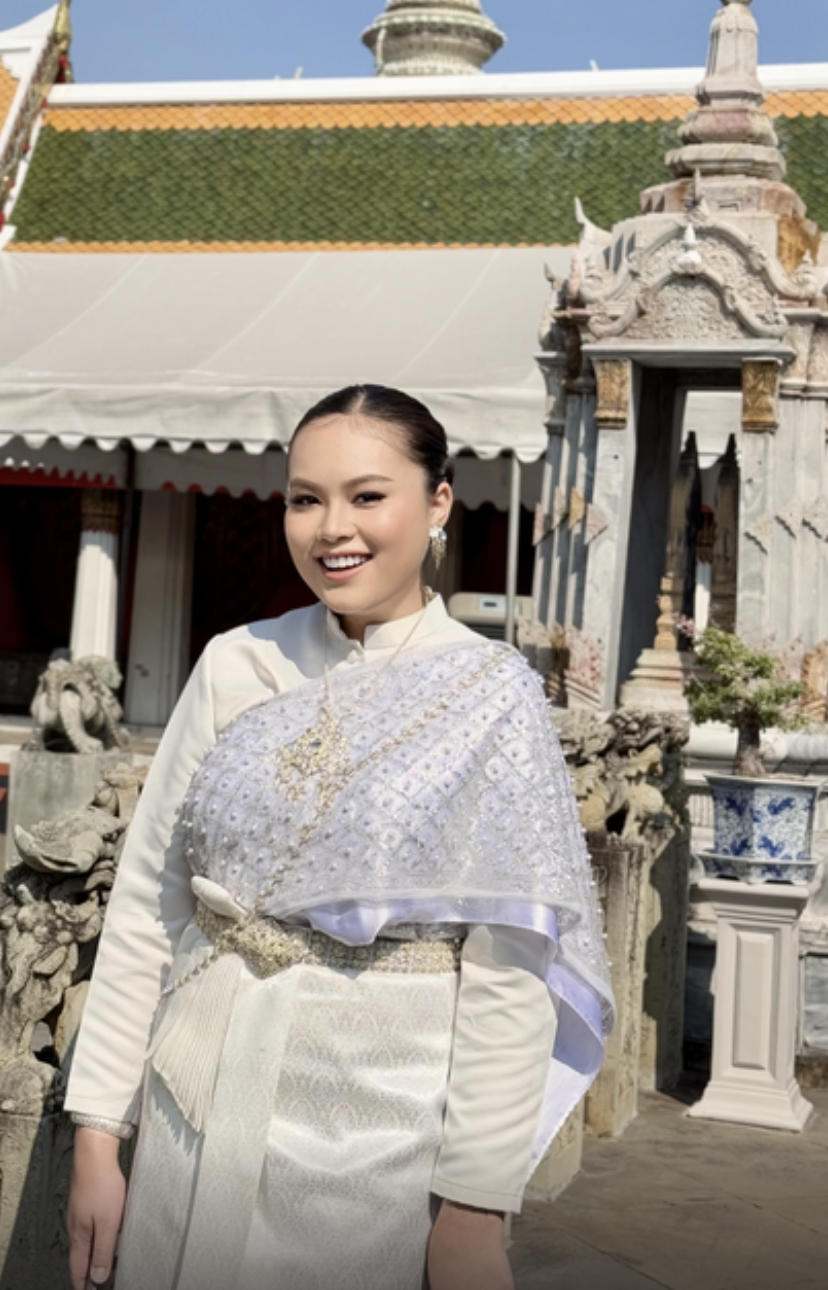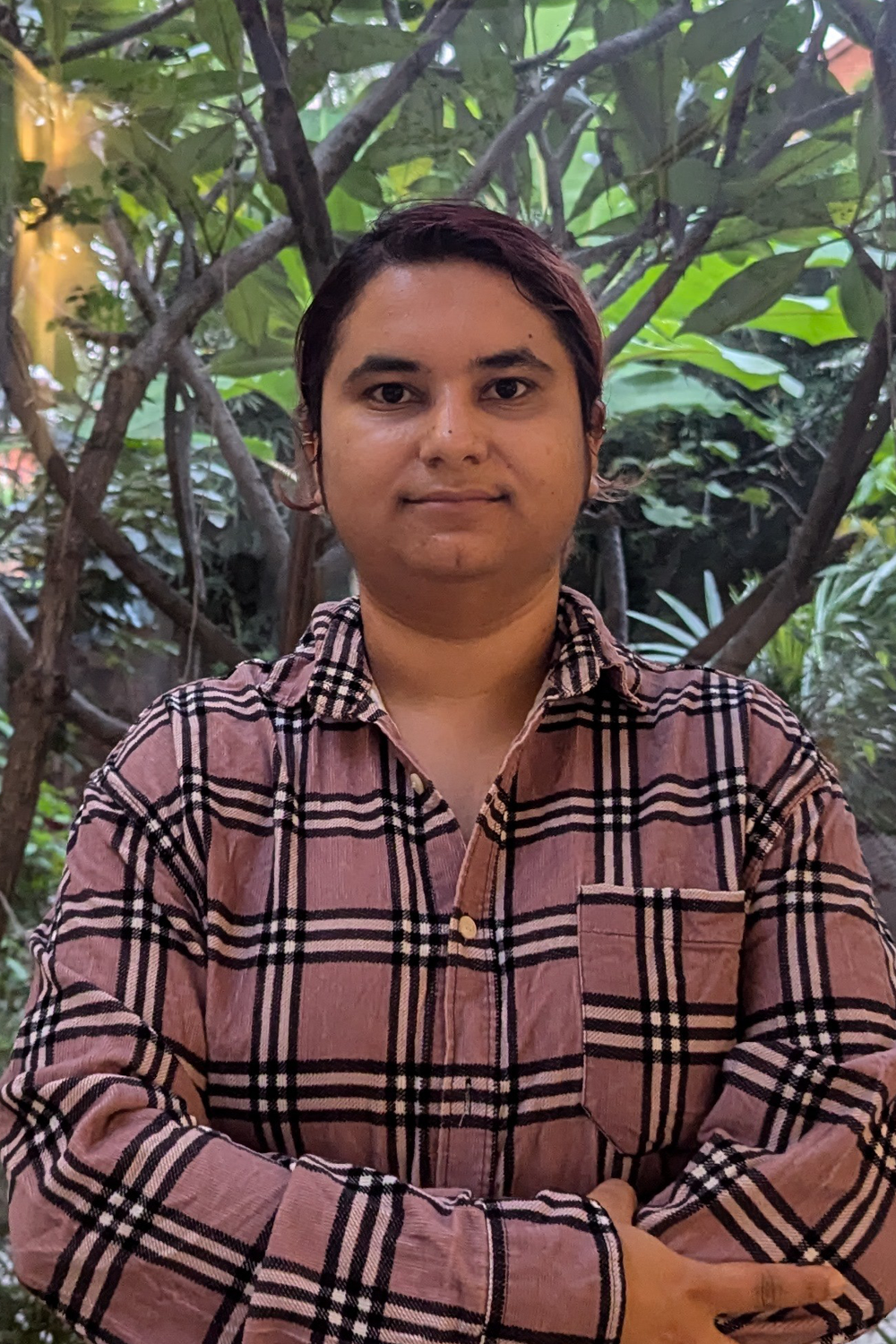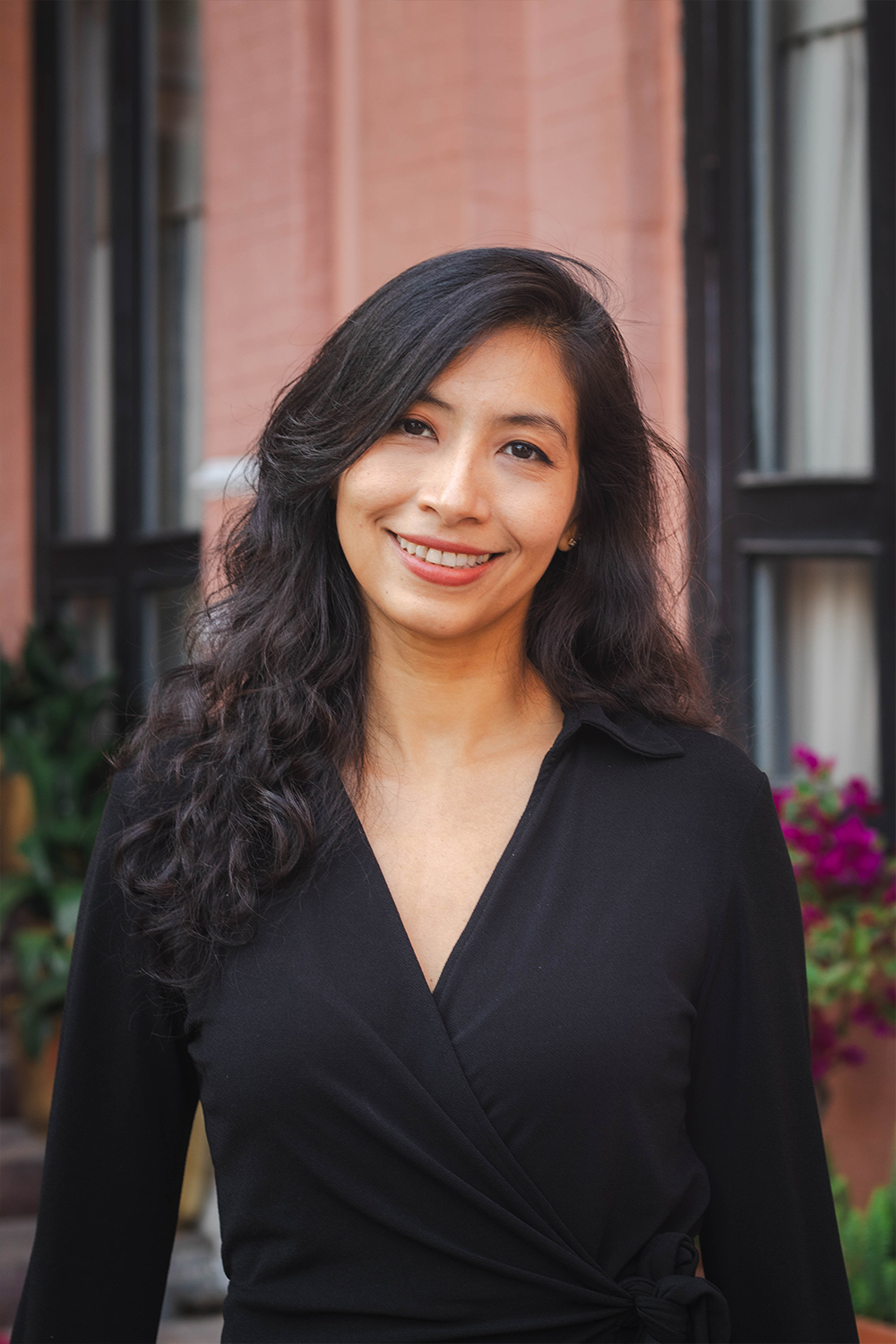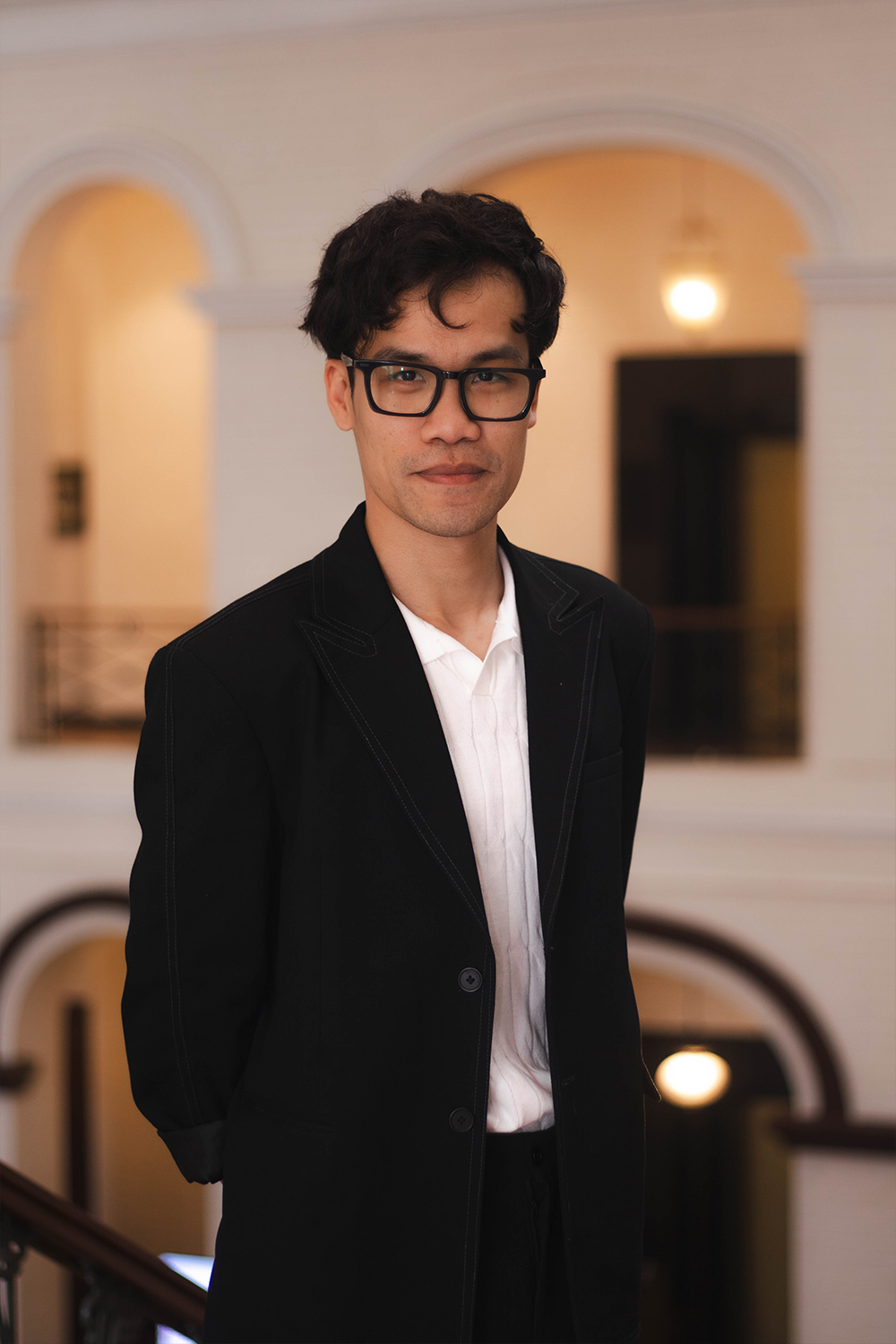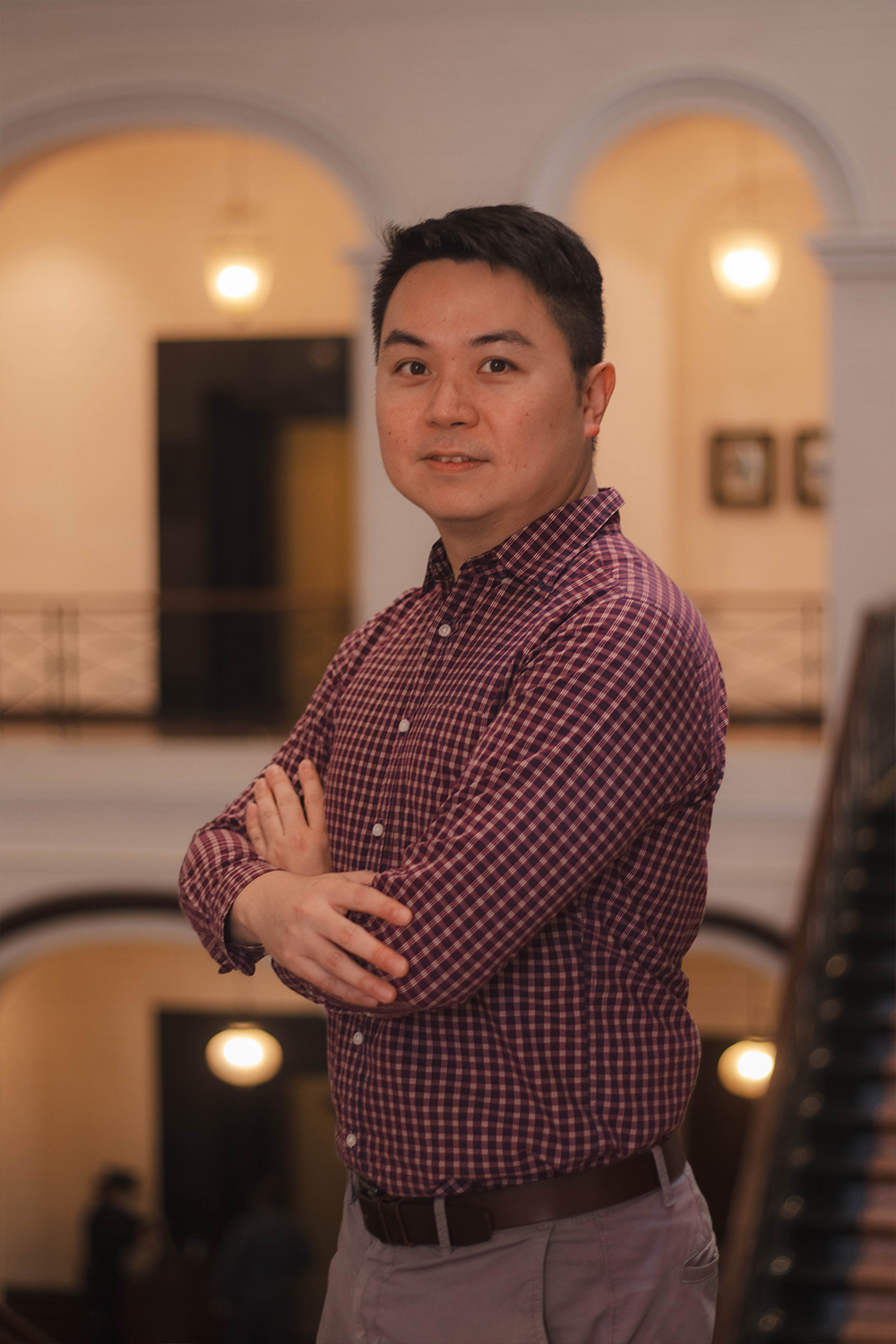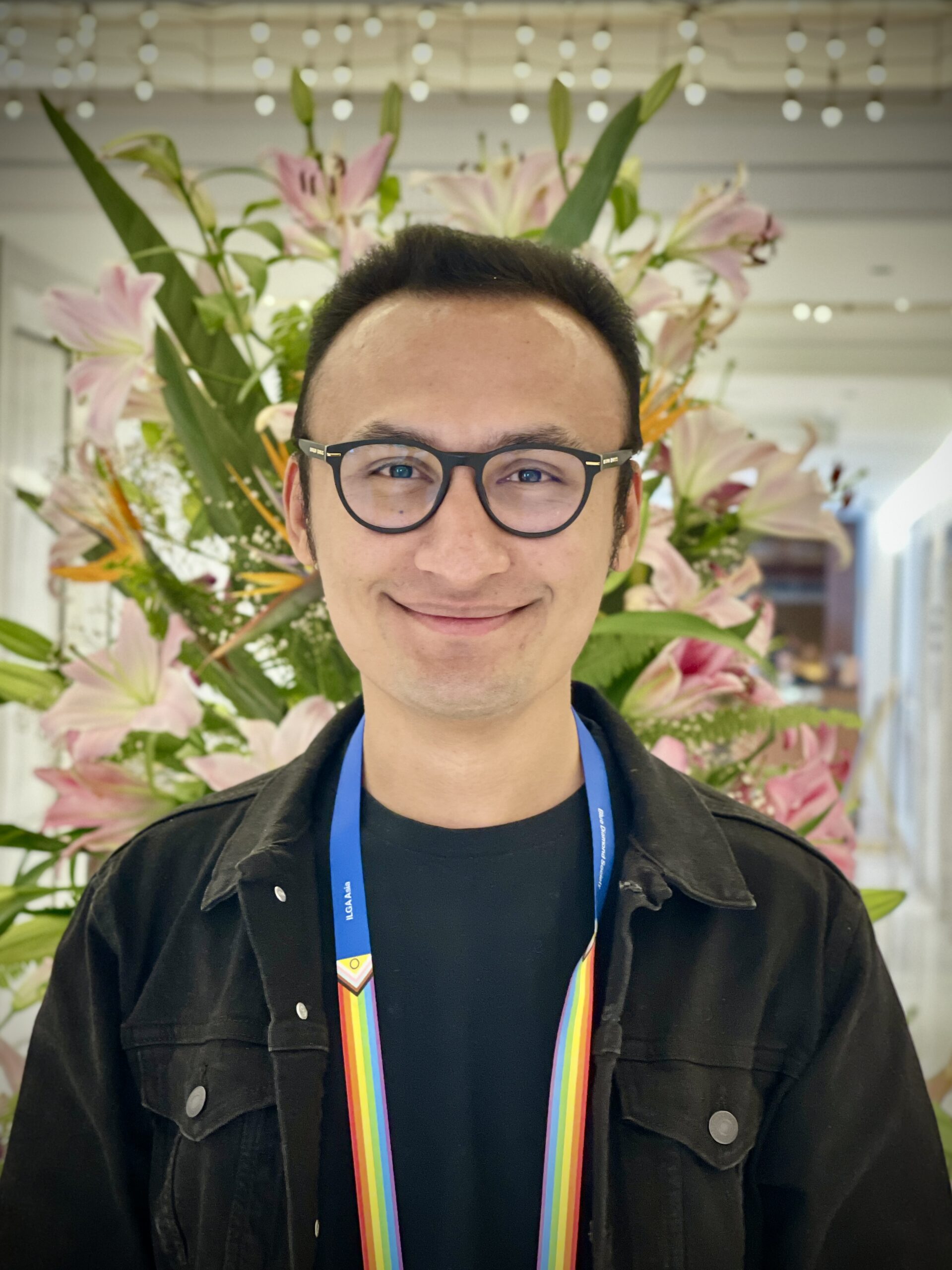Department: Monitoring, Evaluation, and Learning (MEL)
Duty Station: Home-based (remote) with reliable internet and flexibility across time zones are required.
Budget Ceiling: USD 7,500 (inclusive of VAT)
Application Deadline: 2 November 2025
Reporting Line: Senior Monitoring, Evaluation and Learning Officer
Contract Duration: Third week of November 2025 – First week of March 2026
1. Introduction
ILGA Asia is the Asian Region of the International Lesbian, Gay, Bisexual, Trans, and Intersex Association, representing East Asia, South Asia, Southeast Asia, and West Asia. Our vision is a world where Asia is a safe place for all LGBTIQ people—where they can live freely, with dignity and justice, and where diversity is respected.
Our mission is to promote universal respect for and observance of human rights, eliminate discrimination based on SOGIESC, and strengthen LGBTIQ movements through advocacy, solidarity, knowledge-building, and resource support. The Strategic Plan and Theory of Change are foundational tools that help us organize our purpose, prioritize our actions, and amplify our collective impact across Asia.
2. Background and Purpose
The 2021–2025 SPTOC guided ILGA Asia’s work through four strategic arenas: Solidarity and Effectiveness, Capacity Strengthening, Mobilising Movements and Activating Allyship, and Strategic Information and Knowledge Use. In the last five years, these four arenas were implemented via our departments in Global Advocacy, Campaign, Research & Policy, Communications, and the Afghanistan Safar Humanitarian Programs.
Last year, we conducted a Mid-Term Review (MTR) of our 2021–2025 SPTOC, which offered crucial learning on achievements, gaps, and recommendations. This Endline Evaluation seeks to bring the 2021–2025 strategic arc to a thoughtful close, combining accountability with imagination and tracing achievements and understanding how we arrived here, what choices shaped our journey, and what lessons will guide us forward.
Through this process, we hope to hold ourselves accountable to the commitments we made to our members, partners, communities, and various stakeholders while also allowing space to reimagine and rethink our work, as well as to question assumptions, recognize what has evolved, and identify where our strategies must adapt to meet new realities. The evaluation will help connect the past to the future, turning reflection into direction for the next strategic cycle.
3. Objectives
The evaluation will:
- Examine progress and results across the 2021-2025 SPTOC’s arenas, assessing contribution toward outcomes, impacts, and effects.
- Analyze effectiveness and coherence, exploring how ILGA Asia’s strategies responded to shifting contexts, risks, threats, and opportunities.
- Assess sustainability and ownership of results by partners and member organizations.
- Investigate stakeholder engagement and value to understand how different actors experienced ILGA Asia’s support and influence.
- Generate forward-looking recommendations for strategic positioning and organizational strengthening.
4. Methodology
The consultant will propose a mixed-methods approach combining document review, semi-structured interviews, focus-group dialogues, brief online surveys, and participatory reflection sessions. The design should embody feminist and intersectional principles: reflexivity, inclusivity, accessibility, and care. It should respect different epistemic traditions and recognize various diversity of the community in the region. Triangulation of sources, attention to context, and transparency about limitations are essential. All activities must comply with ILGA Asia’s ethical and data-protection standards.
5. Deliverables and Timeline
Deliverable |
Description |
Indicative Timeline |
|
Inception Report & Evaluation Framework |
Defines purpose, questions, methodology, ethics, and timeline. Includes an evaluation matrix linking SPTOC arenas with OECD/DAC criteria and a short reflexivity note on the evaluator’s positionality. |
First week of December 2025 |
|
Data Collection Phase |
Conducts interviews, focus-groups, and surveys. Ensures diversity across geography, language, and identity while maintaining digital security and informed consent. |
Mid Dec 2025 – First week of Jan 2026 |
|
Preliminary Findings & Reflection Session |
Presents emerging insights to the MEL team; a collaborative sense-making conversation to test interpretations and refine focus. |
Third week of Jan 2026 |
|
Draft Endline Evaluation Report |
A 30–40 page analytic report blending quantitative results with qualitative data. Highlights contribution pathways, contextual shifts, lessons, and recommendations. |
First week of Feb 2026 |
|
Validation Workshop |
Facilitated discussion to review conclusions and co-prioritize recommendations for action. |
Mid Feb 2026 |
|
Final Report & Presentation Deck |
Integrates feedback; includes annexes, visuals, and a 10–15-slide summary deck suitable for donors and members. |
By 28 Feb 2026 |
|
Final Presentation to Board & Secretariat |
45–60 minute virtual briefing summarizing findings, recommendations, and next-steps. |
First week of March 2026 |
6. Ethics, Care, and Safeguarding
The evaluation must embody the highest ethical standards, ensuring that care and accountability move together. We firmly believe that consent, confidentiality, and data protection are an integral part of the process, and so are expressions of respect for those who share their time, effort, stories, and vulnerabilities. All information collected must be treated with discretion, and no data may be disclosed or reproduced without explicit authorization from ILGA Asia.
Safety, respect, dignity, and trauma awareness should guide every interaction, particularly when engaging activists and communities who operate under conditions of various forms of precarity, risk, surveillance, or criminalization. The evaluator/evaluation team is expected to adapt methods to minimize harm, practicing cultural humility, patience, and active listening.
At its core, this evaluation is relational work, so respect, empathy, and reciprocity are as essential as analytical precision. Ethical practice, in this sense involves creating strong guidelines, following rules, and cultivating trust, respecting multitude of experiences and lived realities, and ensuring that the knowledge generated is used responsibly and with care.
7. Desired Profile of Consultant(s)
We seek seasoned evaluators who approach evidence with empathy and systems thinking. Essential qualifications include:
Core Experience and Track Record
- Minimum 5 years of evaluation or research experience, preferably leading regional or multi-country human-rights or LGBTIQ programs in Asia.
- Demonstrated ability to deliver evaluation outputs that are technically sound, accessible, and useful to both practitioners and donors.
Technical Evaluation Expertise
- Strong command of Theory of Change, Results-Based Management, and OECD/DAC criteria.
- Skilled in qualitative inquiry (interviews, focus groups) and comfortable integrating quantitative evidence.
- Able to translate complex findings into clear, easy to understand, actionable insights, and concise written products.
Domain and Contextual Knowledge
- In-depth understanding of SOGIESC issues in Asia, including justice, safety, risks, precarity, and diversity of social, legal, political, and material contexts.
- Experience working sensitively with grassroots organizations and activists in restrictive environments.
Approach, Values, and Reflexivity
- Reflexive working style grounded in care and collaboration. Engages with humility and self-awareness, listens carefully, invites diverse perspectives, and values shared learning.
- Demonstrated commitment to feminist ethics of care, accessibility, accountability, and justice; ensures participation is safe, voluntary, and respectful.
Facilitation and Communication
- Skilled in participatory facilitation and sense-making workshops that build ownership of findings.
- Communicates clearly and respectfully; adapts tone and content for different audiences.
Project Management and Availability
- Available to begin in the third week of November 2025 and complete all deliverables, including the final presentation to the Board and Secretariat by first week of March 2026.
- Well-organized and responsive, able to plan ahead, communicate promptly, and work across different time zones with flexibility and awareness of others’ time and capacity.
8. Required Submission Materials
If this consultancy resonates with your values and expertise, please submit a complete application package in one PDF file containing the following:
- Proposal (maximum 5 pages as a PDF document): Approach & Methodology, Deliverables & Timeline, Budget Breakdown, and Availability.
- CV(s) of Consultant(s): All team members in one file, indicating roles and time commitments.
- Sample of Relevant Work: At least one example of similar evaluation or learning process; may be redacted if confidential.
- References: Two contacts who can attest to your evaluation expertise and values-driven practice.
Email your application to [email protected] and [email protected] with the subject line: “Application – Endline Evaluation (SPTOC 2021–2025)” by 2 November 2025.
